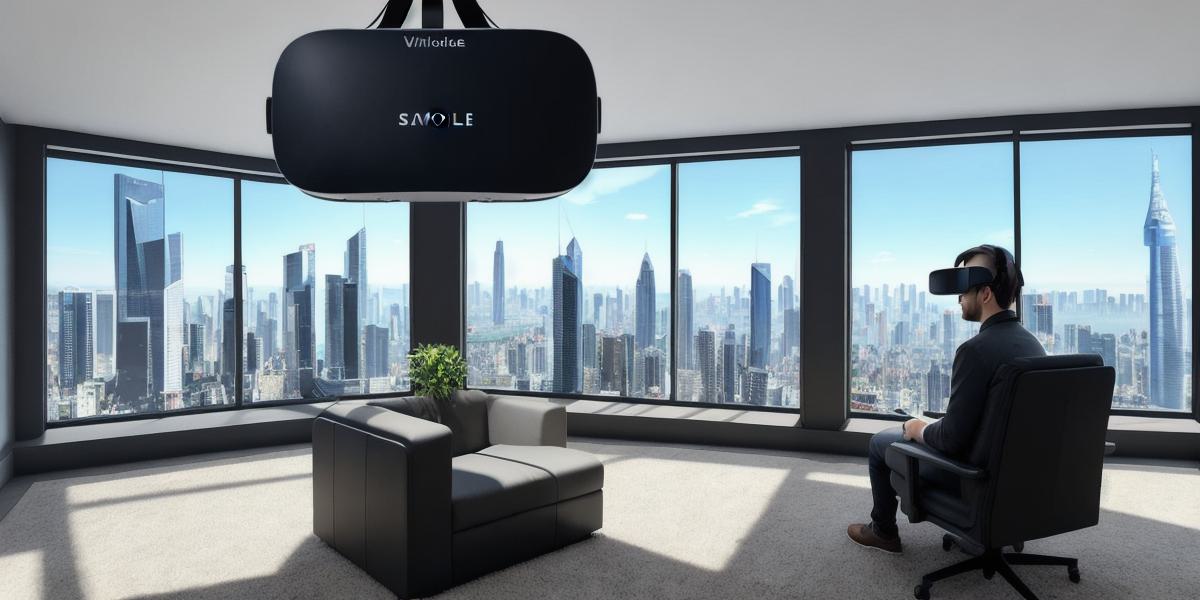Virtual reality (VR) technology has come a long way since its inception, and it’s no surprise that it’s becoming increasingly popular among consumers. But what is it about VR that makes it stand out from other emerging technologies? In this article, we will explore the key factors driving the popularity of VR, including immersive experiences, cost-effectiveness, and practical applications.
Immersive Experiences
One of the main reasons why VR has become so popular is because of the incredibly immersive experiences it offers. By wearing a VR headset, users can completely immerse themselves in a virtual world, allowing them to explore new environments, interact with digital characters, and even experience things that they may never have the chance to do in real life. This level of immersion has made VR an incredibly popular choice for gaming, entertainment, and educational purposes.
Cost-Effectiveness
Another key factor driving the popularity of VR is its cost-effectiveness. While VR technology can be expensive initially, it’s becoming increasingly affordable as more companies enter the market. Additionally, VR experiences can be incredibly cost-effective in terms of time and resources, allowing users to explore new environments and interact with digital characters without ever leaving their homes. This has made VR an attractive option for businesses looking to save on travel expenses and for individuals who may not have the financial means to experience traditional forms of entertainment.
Practical Applications
Finally, VR technology has a wide range of practical applications that are driving its popularity. From training employees for dangerous jobs to simulating complex engineering projects, VR offers a cost-effective and efficient way to gain valuable insights and skills. Additionally, VR has been shown to be an effective tool in treating phobias, anxiety disorders, and even PTSD, making it a popular choice among healthcare professionals.
In conclusion, the popularity of VR can be attributed to its immersive experiences, cost-effectiveness, and practical applications. As technology continues to advance, we can expect VR to become an even more powerful tool for businesses, education, and entertainment. So whether you’re a developer looking to create the next big VR game or a consumer looking to experience something completely new, there’s no doubt that VR is here to stay.
